Provincetown poet haunted by aunt who died by suicide. Now she has an award-winning book.
It’s a time of celebration for two Cape and Islands authors as they took home honor awards from the Massachusetts Center for the Book's Mass Book Awards ceremony at the State House in Boston.
Provincetown-based poet Cynthia Bargar won an honor award in poetry for “Sleeping in the Dead Girl’s Room” while Martha's Vineyard resident Geraldine Brooks won an honor award in fiction for "Horse."
Brooks was unable to attend the Oct. 24 ceremony as she had a prior commitment in Bali, according to an email from Ellen Flanagan Kenny, communications associate for the Massachusetts Center for the Book. Brooks did not answer a request for comment from the Cape Cod Times.
Brooks also won a Mass Book Award in fiction in 2009 for her novel "People of the Book." Three years before that she won a Pulitzer Prize for "March."
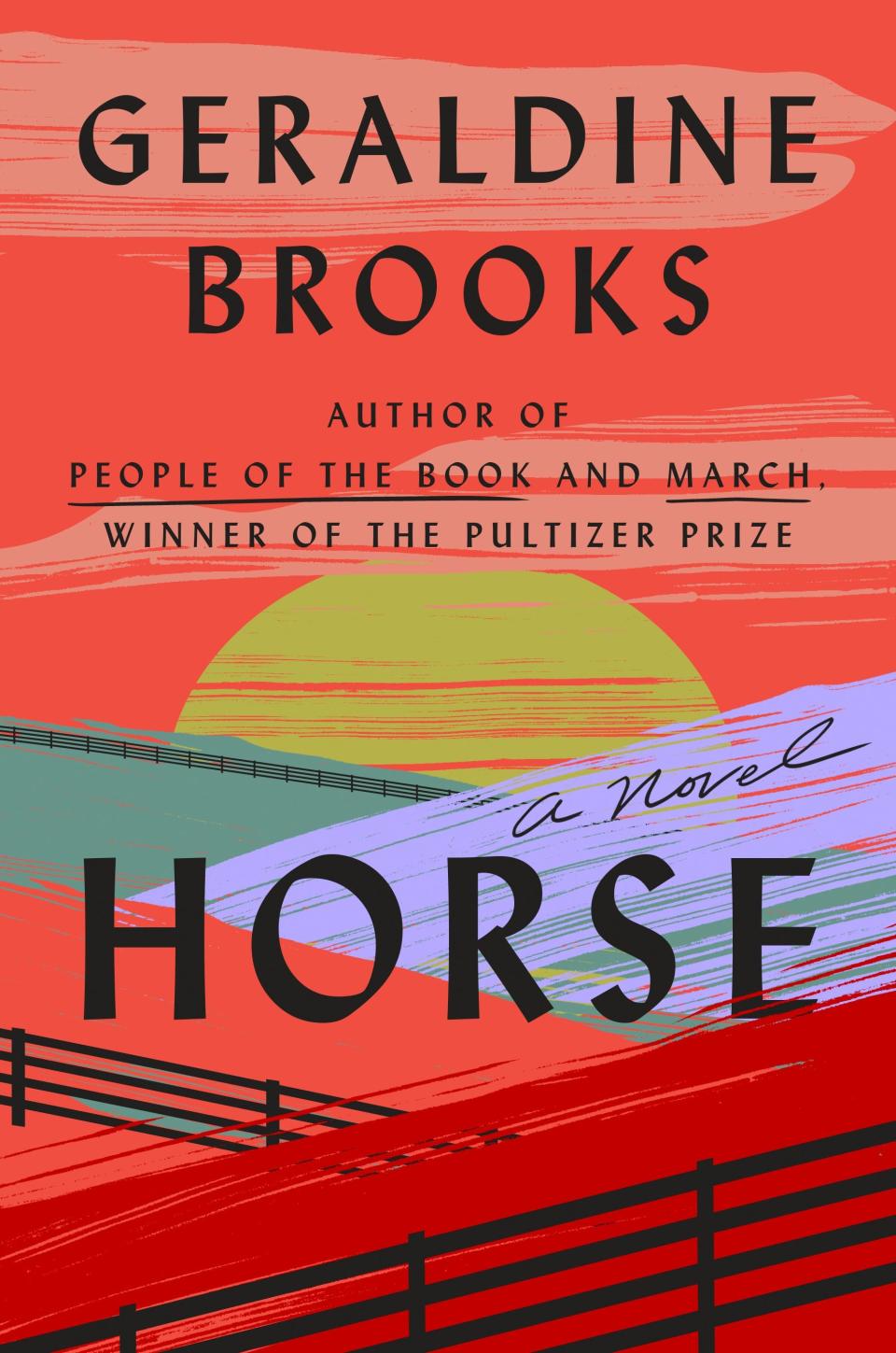
Provincetown poet Cynthia Bargar wins honors prize at Mass Book Awards
I spoke with Bargar about her book, a memoir-esque collection of poems inspired by her own mental health experiences and those of her namesake, her aunt Cynthia, who died by suicide at the age of 18.
During our conversation, Bargar tells me her aunt was somewhat of a family secret. As a child, she would ask her grandparents and father about the mystery woman in photos around the house only to be met with a dead end of information.
“‘Oh that’s my Cindy,’ my grandmother would say,” Bargar said. “(I would ask who) was this picture of ‘Oh, that's my Cindy.’ It was very confusing as a child. What do you mean yours? You know? A lot of identity issues came about as a result of that.”
Across five years of writing and researching, Bargar would try to understand more of the mystery woman whose name she shared and the room she occupied for the first five years of her life. The result is “Sleeping in the Dead Girl’s Room,” a collection of poetry piecing together the story Bargar created of her aunt along with real-life experiences of her own.
She began writing “Sleeping in the Dead Girl’s Room” before she knew it would turn into an award-winning book. She became inspired after taking a memoir writing class taught by Brian Turner and found herself writing poems and prose about her elusive aunt.
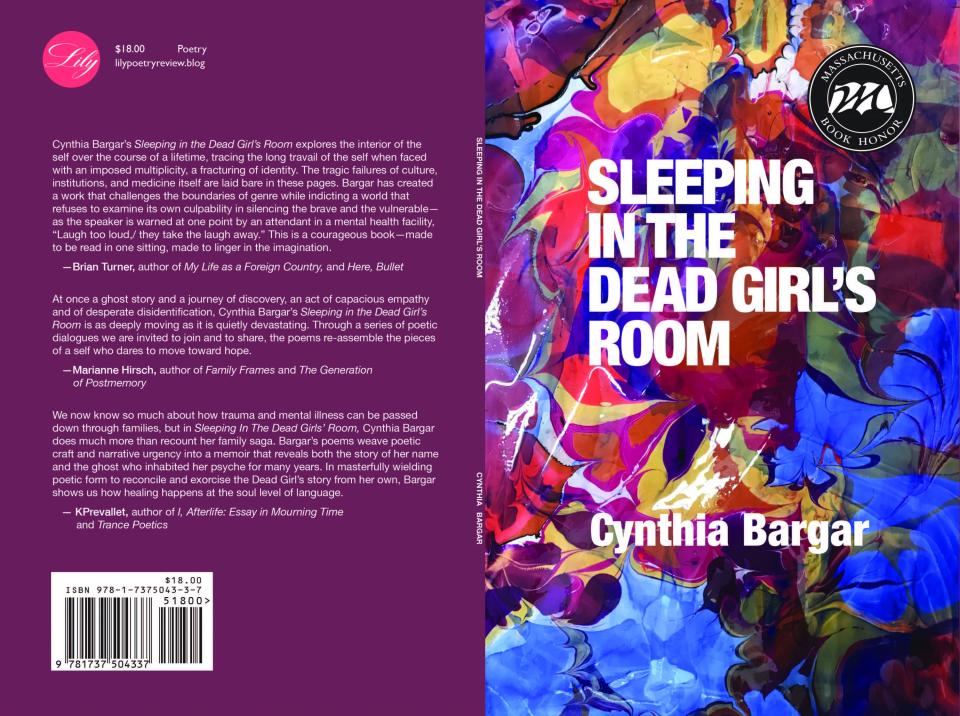
“I was kind of surprised because I didn't actively think about her for most of my life because she was kind of a secret and wasn't talked about,” she said. “… I remembered a time in my life a long time ago, she actually appeared to me and spoke to me, although I don't know what she said, because it was sort of a gibberish kind of language. It's a little bit of a ghost appearance but it was very powerful.”
In working on her book, Bargar’s quest to know more about her aunt followed suit with her attempts as a child, a series of unanswered questions and mismatched information.
“They were really interesting because they were not all saying the same thing,” Bargar said. “A death certificate said that, presumably, she died by suicide … and in the obituaries, it all was an accident happened. (There) were kind of vague explanations for what happened … Did she kill herself? Or was this an accident? I spent a lot of time thinking about that kind of thing and reading a lot about suicide.”
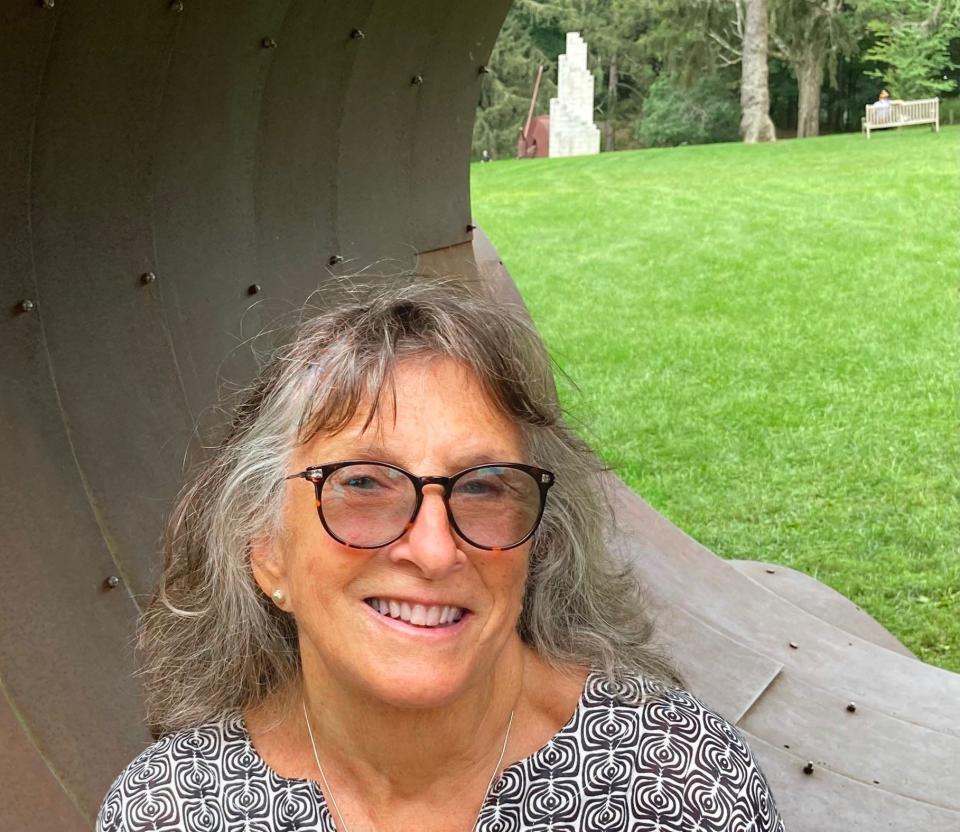
A shared name raises questions for poet
Along with questioning the reports, Bargar found herself questioning her name.
“... In the Jewish religion, people do name people directly after people who have died but there's sort of a prohibition against doing it if somebody (dies by) drug overdose, murder or suicide,” Bargar explained. “... If she died by suicide, why did they name me after her? Was that a sort of a curse? But then a friend pointed out after reading that in a way, they named me as proof that it wasn't suicide … I do believe she died by suicide. It was almost like a smokescreen … a way of hiding her actual trouble by giving me her name.”
In her poems, readers come to understand who each Cynthia Bargar is through the persona Bargar crafts for her aunt and her own detailing of her struggles with mental health.
“There was a mystery that I was born into,” she said. “Part of what the process of writing these poems was trying to unfurl the mystery (and) trying to put pieces together and then also, at some point saying, I don't really know ... I don't have to wrap this up and say, it was this … A second part of that is I have my own mental health travails, and so, I was also looking for did I inherit something? Are we almost the same person?”
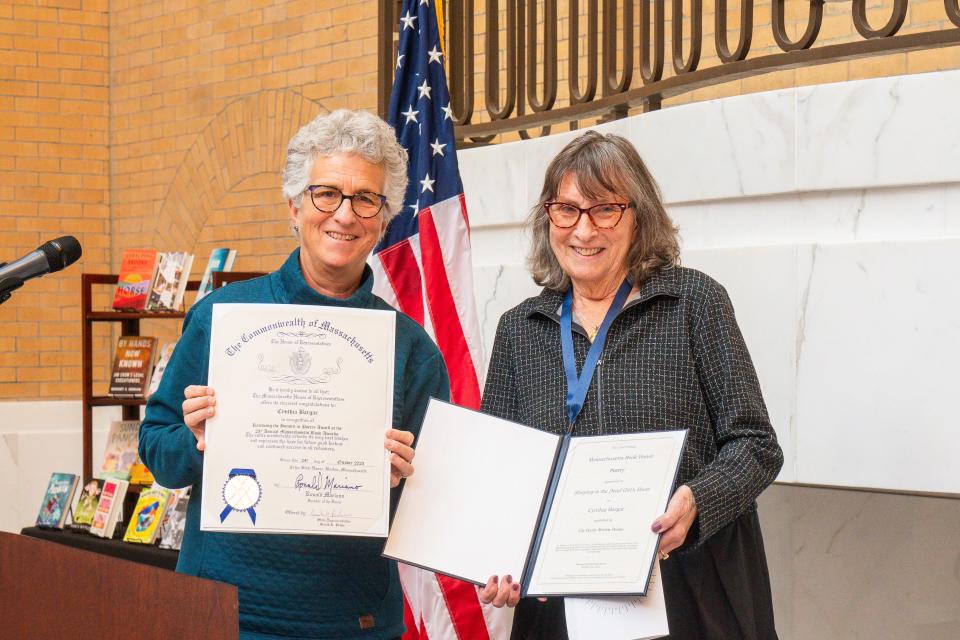
Initially, Bargar discovered “Sleeping in the Dead Girl’s Room” was longlisted as a must-read in May at the Massachusetts Poetry Festival only to receive word a few months later in September that she had won an honors award in poetry.
“(State Rep.) Sarah Peake read what the award said and when I heard that it was like, wow, this kind of means something,” Bargar said. “... To put all this work in and then have it mean something to people — I know that it has but a lot of times, it's your friends or other poets that you know. Poetry isn't always that widely read or appreciated so this just felt really nice.”
“They said, In ‘Sleeping in the Dead Girl's room,’ Cynthia Barger vividly conjures up the memory of a relative like a past life with a moving confessional style and masterful pacing,” Bargar recited from her award blurb. “This impossible-to-put-down book asks the question, What does it feel like to look into a mirror and see someone else?”
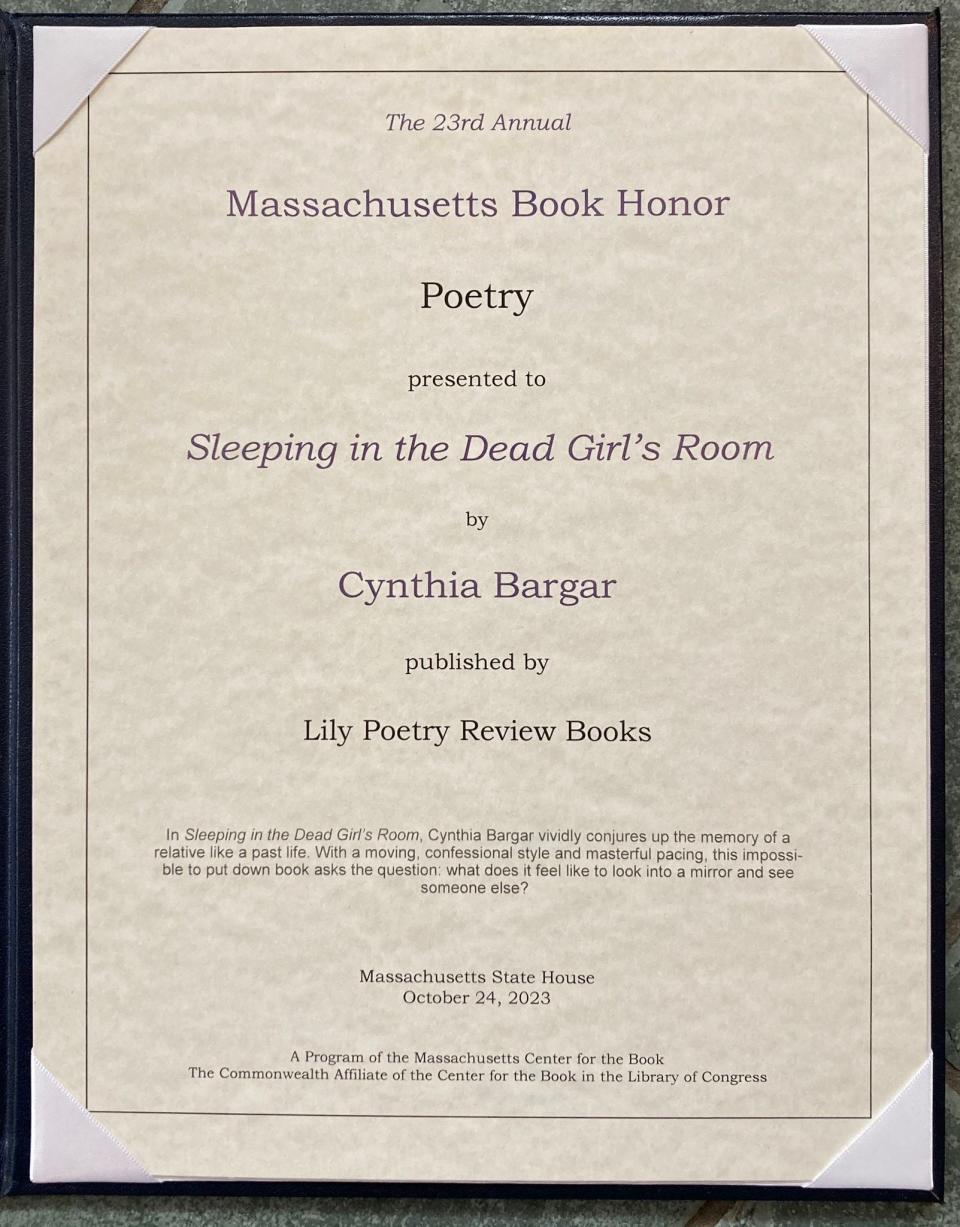
“Sleeping in the Dead Girl’s Room” was published in 2022 by Lilly Poetry Review and retails for $18.
This article originally appeared on Cape Cod Times: Provincetown poet wins Mass Book Award for poems on mental health

